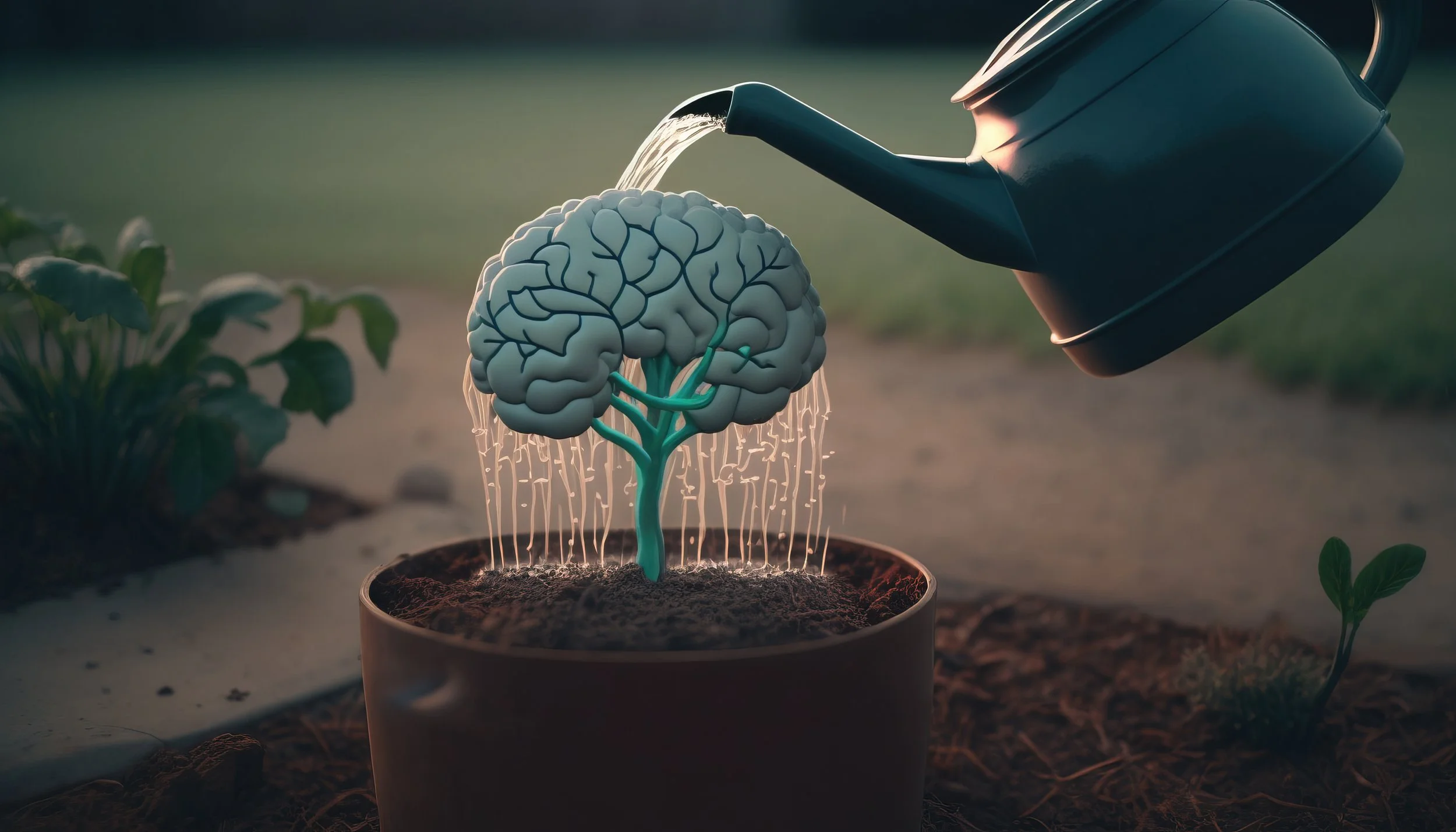Cultivating Wellness: The Role of Gardening in Mental Health
Gardening is more than just a hobby or a chore; it's a lifeline to wellness, offering therapeutic benefits that are increasingly recognized by scientists, healthcare professionals, and mental health advocates alike. This article delves into the psychological benefits of gardening and explores how this simple act of nurturing nature can profoundly impact mental health.
The Power of Green Therapy
Humans have a deep-seated connection with nature, a concept known as 'biophilia'. This idea, proposed by biologist E.O. Wilson, suggests that our affinity for the natural world is fundamental to our wellbeing. Gardens, as accessible microcosms of nature, can provide a therapeutic refuge from the stresses of modern life, a phenomenon often referred to as 'green therapy' or 'horticultural therapy'.
Reducing Stress and Anxiety
Several studies have shown that gardening can help reduce stress and anxiety. A 2011 study in the Journal of Health Psychology found that gardening led to decreased levels of cortisol, the stress hormone, in participants. The rhythmic, repetitive nature of gardening tasks can help foster a state of mindfulness, a practice known to alleviate anxiety and improve mental clarity.
Combatting Depression
The mental health benefits of gardening also extend to depression. A meta-analysis published in 2017 in the journal Preventive Medicine Reports found a significant correlation between gardening and a decrease in depressive symptoms. The act of nurturing plants, witnessing their growth, and harvesting the fruits of one's labor can bring about a sense of achievement and satisfaction that can help lift mood and counter feelings of despair.
Improving Cognitive Health
Gardening is not just good for our emotional wellbeing, but it also has cognitive benefits. Research has shown that the diverse range of tasks involved in gardening - from planning and problem-solving to fine motor skills involved in planting and pruning - can stimulate brain health. Some studies suggest that regular gardening can even reduce the risk of developing dementia.
Boosting Self-Esteem and Body Image
Caring for plants and seeing them thrive due to your efforts can significantly boost self-esteem. There's a tangible result to your labor – beautiful flowers, lush green foliage, or even fresh fruits and vegetables. This sense of accomplishment can positively impact body image and overall self-perception, as a study in the journal Ecopsychology suggested.
Cultivating Social Connections
Gardening is often a shared endeavor, whether within families, neighborhoods, or community gardens. This communal aspect of gardening can foster social connections and combat feelings of isolation or loneliness, factors that significantly contribute to mental health problems.
The therapeutic benefits of gardening are manifold, and its potential as a low-cost, accessible form of mental health therapy is promising. As we cultivate our gardens, we are not just growing plants, but also nurturing our mental and emotional wellbeing. Whether you're a seasoned gardener or a novice with your first pot plant, remember that each seed you sow is a step towards better mental health.
Disclaimer: This article is not intended to replace professional medical advice. If you are struggling with mental health issues, please reach out to a healthcare professional.





